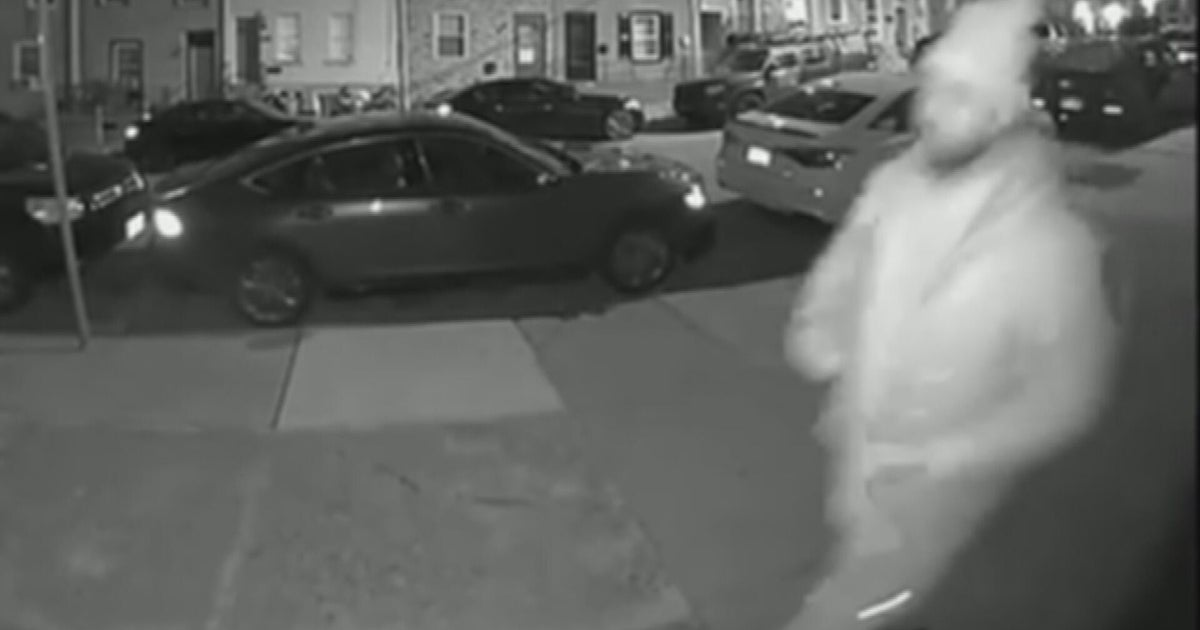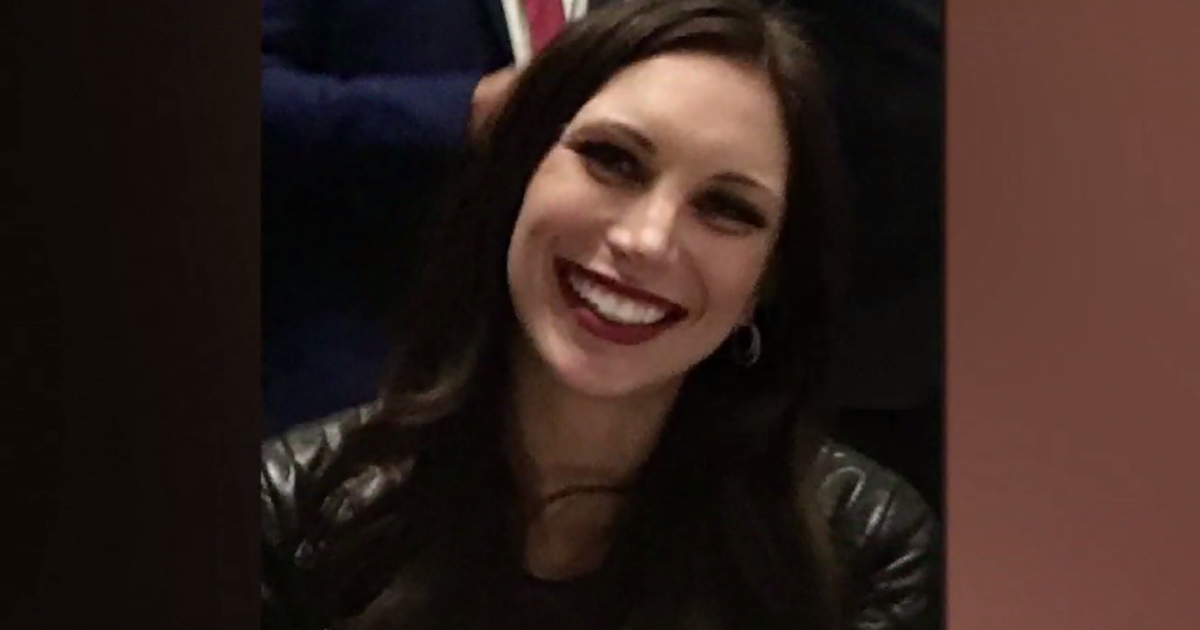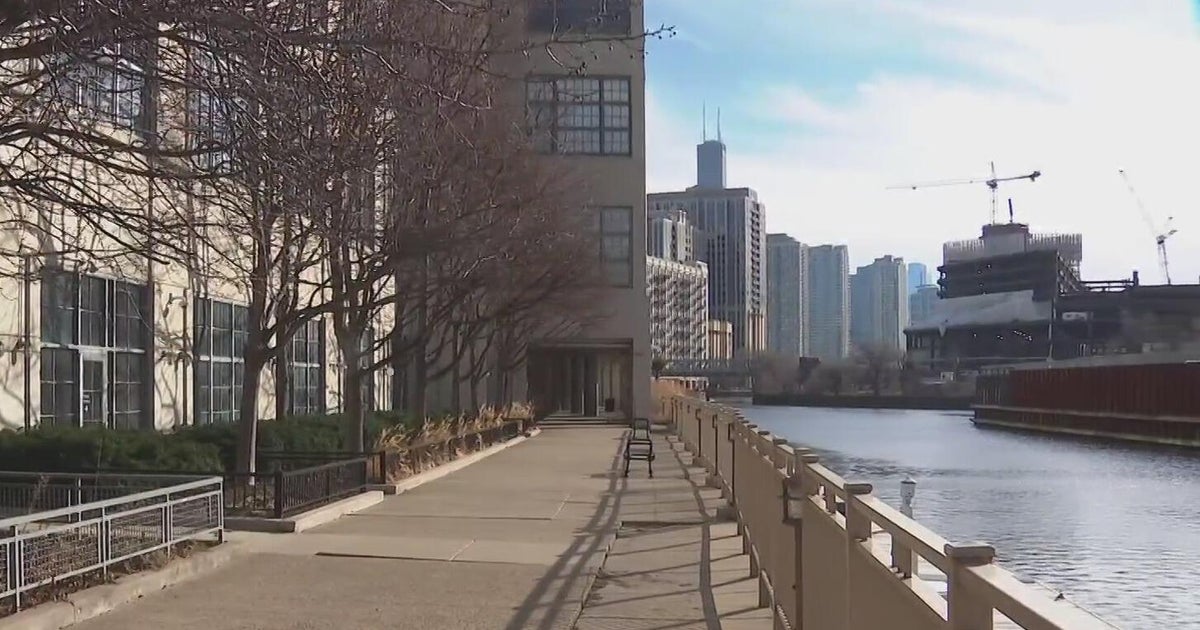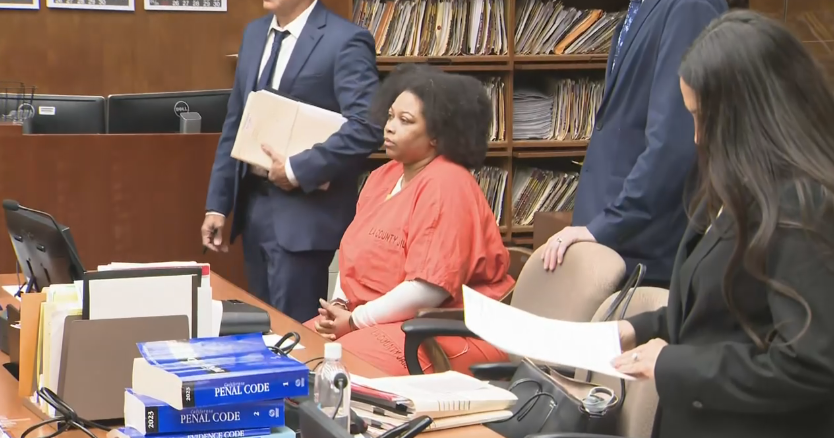After Transplant, Md. Woman Finds Chance At Life
RACHEL ROUBEIN
Carroll County Times
WESTMINSTER, Md. (AP) -- Sweat beaded on Debra Long's brow and dripped down her face. She clutched her red Gatorade bottle, stepping out of the 90-degree heat and into the air-conditioned lobby of a building on the campus of St. John Catholic Church.
She headed toward the nearest empty chair, pausing to rest before tackling the stairs. Holding the railing tight, she climbed the steps one by one. She smiled as she reached the landing, then walked toward the room and turned the doorknob.
The five ladies in the room gasped when they saw the 55-year-old woman standing before them. They laughed with joy. They clapped.
"You look great!" they exclaimed.
"Oh, we're so happy to see you!"
"This is our Superwoman."
Long hugged the women, the first embrace she'd given some since she underwent a multi-organ transplant last July.
"I made it," Long said, tears welling in her eyes. "I made it."
Long, a Westminster resident, sat down at the table she used to occupy weekly but hadn't been at in nearly a year. She gabbed with the ladies as their fingers interlaced with yarn, crocheting and knitting with practiced flicks of the wrist.
She looked wonderful, the women told Long, but how was she really feeling?
It's the kidneys, Long told them; they're failing, and she'll likely need a new one. Another surgery, another transplant, but compared to what she's been through, "It'll be a piece of cake," Long said, a smile still on her face.
Rosanne Kapheim and Eileen Foerster told the group that, months ago, they drove to MedStar Georgetown University Hospital to see Long. When they arrived, they saw their friend hooked up to countless machines. Long was barely conscious, stuck in a painkiller-induced haze for months. But the two swear she acknowledged their presence with a slight reach of the hand or a flutter of the eye.
"I have no modesty left," Long said.
That happens after fielding years of questions wondering why a tube was discharging excrement into a pouch Long carried in a Gucci purse -- the result of a blood clot that developed after a double mastectomy. That clot, after a routine procedure in 2011, sent Long into a three months-long coma. When she woke up, she had to relearn to walk and talk. But her organs never caught up, and her doctors recommended a transplant.
For the time being, she received nutrients through an IV placed in her vein 12 hours every day, pumping total parenteral nutrition, or TPN. This caused multiple infections and liver problems; the outlook for survival on TPN is grim, according to Dr. Cal Matsumoto, the director of MedStar Georgetown University Hospital's intestinal transplant program.
It's a story she'll tell to a shopper in a grocery store, or an owner of a knitting store or a patient in the hospital.
"She just said it how it was," Kapheim said. "She made people feel comfortable around her. She never wanted anyone to feel sorry for her."
Just a little over a year ago, on July 10, 2013, she got the call. The transplant team at MedStar Georgetown University Hospital thought they had a match.
She heard the news and began to cry. She carried her pre-packed bag filled with yarn and knitting needles into the car. She and her son, John, 23, and two close friends, Miguel Ugarte and Joann Clem, drove to the hospital.
While the surgeons waited for the organs to arrive from Florida, they performed tests on Long, determining if she was fit for the transplant. At roughly 3 a.m., a procedure that Long's surgeon Matsumoto estimates is only performed about 20 times per year nationwide began.
Her son, John, remembers shuffling through his iPod trying to pass the time. It felt like the updates were few and far between, but maybe that was his nerves talking.
After about 15 hours on the operating room table, doctors told John his mother had a new pancreas, liver, small intestine, stomach and duodenum.
Back at St. John Catholic Church, the women knitting and crocheting prayer shawls were concerned.
"Are you eating?" Kapheim asked.
"I swear my donor had to have a bakery because all I want is sweets," Long replied.
After the surgery, she stayed in a hospital room until November. Then a rehabilitation facility until late January. Then back to the hospital until mid-February. All the while the sweet tooth persisted.
She lived off Blue Bunny Popsicles. She'd sneak Tootsie Roll lollipops, and recruit friends, like Kapheim and Foerster, to bring them to the hospital.
"It was like James Bond to me," Long told her friends, a mischievous smile lighting up her face.
Some days, she'd tease the hospital staff. Before a routine test, they'd ask her to state her name.
"Angelina Jolie," she'd respond, and the staff would chuckle.
These are stories she's been asked to share with others as hospital officials invited Long to chat with other transplant patients about her surgery.
"You're the perfect person to do it," Laurie McClelland said, her bright orange yarn set in front of her. Long's "positive attitude" sets her apart, she said.
But Long also suffered through her share of dark days. She had a seizure and a liver biopsy, pneumonia and multiple infections.
Dr. Monica Grafals, a transplant nephrologist, would walk into the room, and watch as tears rolled down her face.
"In the beginning, it was very hard, and she was very depressed," Grafals said. "At that situation, you can't see the light at the end of the tunnel."
The operation was a tough one, Matsumoto said, one of the longer transplants he's worked. Post-surgery, it takes a toll on the body, and Long spent an extended period of time in the intensive care unit.
Slowly, she regained her strength. Doctors weaned her off a ventilator. She began to walk and eat. And Matsumoto said he's pleased to see a patient he's grown to know so well progress forward in this way.
"To undergo everything she's had and to still maintain her cheery attitude and positive attitude is very refreshing -- very heartwarming -- to see how much she's put up with and to have such a great attitude, it's really amazing," Matsumoto said in an interview. "She's an inspiration to all of us to keep doing what we do."
Throughout the tests and the surgery, the teasing and the rougher days, the MedStar Georgetown University Hospital staff have become Long's second family.
"I love my doctors," she told the knitting group. "I told Dr. Matsumoto, `If you asked me to stand on my head for three hours, I would. Once someone helped me on my head, I'd do it."'
After a brief discussion on Kindles and the Middle East, yarn stores and book stores, the chatter turned back to Long.
The ladies called Long a trooper, and they asked how long she'd been able to drive (she's been able to since the end of April). They joked about how well the hospital staff must know her, and Long pointed to her Medicare statement that totals more than $4 million.
And that doesn't include the $25,000, eight-hour kidney transplant evaluation she went through just the day before. The hospital drew more than 20 vials of blood. She saw a transplant nephrologist, financial coordinator, clinical dietitian, transplant social worker and a nurse coordinator.
And that $4 million is going to increase with a possible kidney transplant on the horizon. Her insurance covers not only her own procedure but a live donor's medical bills for the surgery and two years post-transplant as well. That live donor might be her son.
"I'm just overwhelmed that he wants to be considered," Long told the group.
It wasn't even a question for John. He'll give his mom one of his kidneys if he can. If not, he'll participate in a paired exchange, which is essentially a kidney swap. It's a common practice, according to Grafals, the transplant nephrologist, used when a living donor is incompatible with their recipient. In that case, a viable donor would be found for his mother, and John would give his kidney to a suitable recipient.
"As long as I can help somebody," John said in an interview. "(My mother) has been through a lot. I'd like to help her in some positive way."
Long knows an organ is a gift. Her donor was from Florida. He or she was 50 years or younger. And that's all Long knows.
After her surgery, she sat down to edit a letter she'd written before the procedure -- the hardest words she'd ever had to put on paper -- to her organ donor's family. It will be delivered after the one-year anniversary of her transplant, which was Friday.
"How do you convey to someone that through their tragedy they were selfless in trying to help someone else?" Long said in an interview choking back tears. "There's no words. There are no words."
She wrote that she'd never take their kindness and thoughtfulness for granted. If there was anything she could ever do for their family, she would. And she'd take care of their loved ones' organs to the very best of her ability.
Inside the Westminster church, the two hour-long knitting and crocheting session was drawing to a close, and the women began to place yarn and needles into bags.
A transitional deacon walked into the room, and Foerster jumped at the moment.
"This is our friend, Deb," she said, motioning to Long. "This is our miracle lady."
(Copyright 2013 by The Associated Press. All Rights Reserved.)







